Events
Upcoming Events
There are no upcoming events matching your criteria.
Previous Events
ISyE Seminar Series: Karla Hillier
Wednesday, Nov. 4, 2020, 3:30 p.m. through Wednesday, Nov. 4, 2020, 5 p.m.
Zoom
|
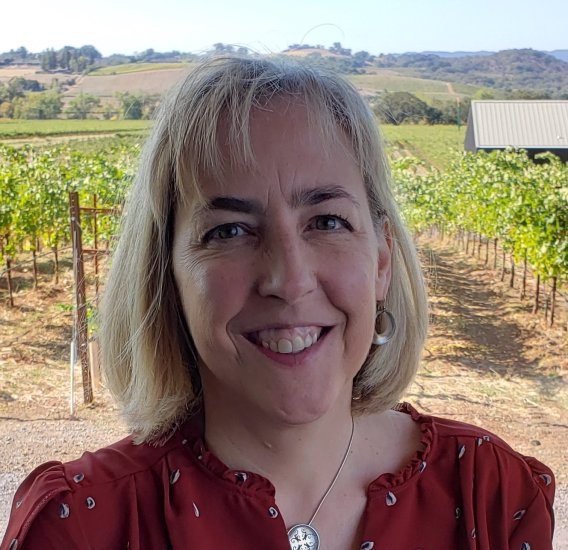 "Solving Problems with Analytics and Machine Learning Across Industries"Presentation by Karla Hillier Wednesday, November 4 |
|
About the seminar: Learn how analytics and machine learning have been deployed to advance business goals in industries ranging from retail and hospitality to health care and manufacturing. A wide range of tools and approaches have been deployed in teams with different structures to deliver results in both publicly held and private companies. |
|
Bio: Karla Hillier is Director, Decision Science and Advanced Analytics for the residential HVAC business of Trane Technologies. Her team uses data to help grow our customers. Prior to that, she was Director of Data Science at Optum working on critical health care problems. At Radisson Hotel Group, she managed a team of analysts providing insights to multiple functions. At SUPERVALU, she led the development of a store/item/day level forecast to improve availability. She has an MBA from Georgetown University and a BA from Miami University in Oxford, Ohio. She lives in Minneapolis with her husband Ian, and dog Kona. |
Seminar Video:
ISyE Seminar Series: Karla Hillier
Wednesday, Nov. 4, 2020, 3:30 p.m. through Wednesday, Nov. 4, 2020, 5 p.m.
|
 "Solving Problems with Analytics and Machine Learning Across Industries"Presentation by Karla Hillier Wednesday, November 4
|
|
About the seminar: Learn how analytics and machine learning have been deployed to advance business goals in industries ranging from retail and hospitality to health care and manufacturing. A wide range of tools and approaches have been deployed in teams with different structures to deliver results in both publicly held and private companies. |
|
Bio: Karla Hillier is Director, Decision Science and Advanced Analytics for the residential HVAC business of Trane Technologies. Her team uses data to help grow our customers. Prior to that, she was Director of Data Science at Optum working on critical health care problems. At Radisson Hotel Group, she managed a team of analysts providing insights to multiple functions. At SUPERVALU, she led the development of a store/item/day level forecast to improve availability. She has an MBA from Georgetown University and a BA from Miami University in Oxford, Ohio. She lives in Minneapolis with her husband Ian, and dog Kona. |
ISyE Seminar Series: Vivek Saxena
Wednesday, Oct. 28, 2020, 3:30 p.m. through Wednesday, Oct. 28, 2020, 5 p.m.
Zoom
|
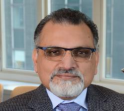 "Digital Technologies in Aerospace Manufacturing - A Perspective from the Industry"Presentation by Dr. Vivek Saxena Wednesday, October 28 |
|
About the seminar: We will start with a short introduction of the aerospace industry and the structure of manufacturing value chains in aircraft manufacturing. We will then discuss the current state of digital methods and technologies in various tiers of aerospace manufacturers. |
|
Bio: Vivek founded Advisory Aerospace OSC after 30 years in academics, aerospace industry and consulting. Advisory Aerospace OSC targets the massive unmet need for digital technologies in Operations & Supply Chain (OSC) functions in aerospace industry, especially at Small & Medium Enterprises (SMEs). Previously, he held a variety of roles such as Chief Engineer, Plant Manager, President and CEO at various aerospace companies. |
ISyE Seminar Series: John Khawam
Wednesday, Oct. 21, 2020, 3:30 p.m. through Wednesday, Oct. 21, 2020, 5 p.m.
Zoom
|
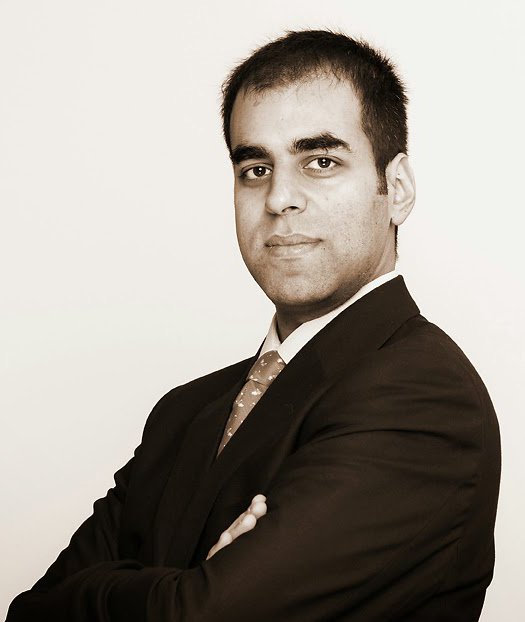 "Making the Most of Inventory: Advance Inventory Availability at Stitch Fix"Presentation by Dr. John Khawam Wednesday, October 21
|
|
About the seminar: We explore the use of advance supply information (ASI) regarding returns from customers, which allows inventory to be probabilistically reserved for new orders. Stitch Fix’s sales channel has traditionally composed of fixes — a surprise box of 5 personalized items, any of which can be returned for free. Stitch Fix has recently opened up a more traditional direct order sales channel. In both of these channels, it is advantageous to look into the returns supply chain to see what we expect in the warehouse in the near future. We will cover the pluses and minuses of such an approach and talk about the future of ASI at Stitch Fix. |
|
Bio: John Khawam is a Data Science Manager on the Inventory Optimization Algorithms team at Stitch Fix. His team focuses on Advance Inventory, Pricing, and Inventory Health. Previously, John was an Engineering Manager of a Data Science team focusing on safety at Cruise. Before that, he was a Senior Data Scientist at Google, an Assistant Professor at the Naval Postgraduate School, and a postdoc at WHU – Otto Beisheim School of Management. He is a Ph.D. graduate from Stanford University and has his M.Eng. and B.S. from Cornell University. He has also worked at Gap, Lord & Taylor, e2e Analytics, Aspen Tech, Eaton, and Allied Signal. |
Seminar Video:
Curiosity Drives Progress Lecture Series: Impacting Communities
Thursday, Oct. 8, 2020, 6:30 p.m. through Thursday, Oct. 8, 2020, 8 p.m.
This event features talks by CSE distinguished professors Saif Benjaafar (Industrial and Systems Engineering), Lucy Fortson (Physics and Astronomy), and Ellad Tadmor (Aerospace Engineering and Mechanics)
Thursday, October 8, 2020
6:30–8 p.m. – Lecture, followed by Q&A session
This event will be held as a webinar via Zoom
Instructions to join the Zoom webinar will be included in the registration confirmation email. If you have questions, please contact csealumni@umn.edu.
About the talks
“From Digital Marketplaces to Gig Work: The Promise and Perils of the On-Demand Economy”
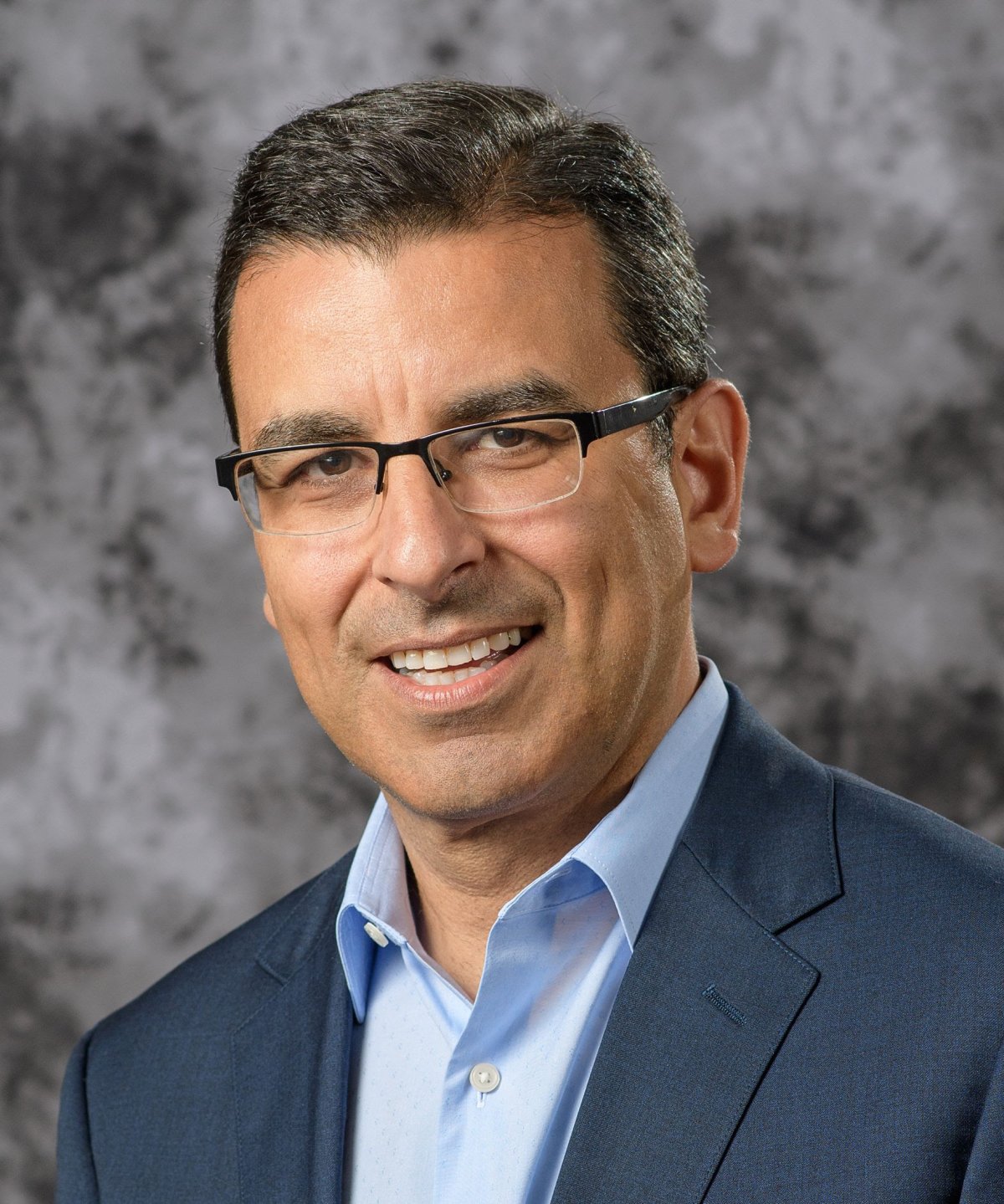
By Saif Benjaafar, Department Head and Distinguished McKnight University Professor, Department of Industrial and Systems Engineering
Life under COVID-19 has given us a glimpse of a perhaps not too distant future where products and services are delivered to our doorsteps anywhere any time and on an on-demand basis. In this talk, Dr. Benjaafar will discuss the technological and business drivers (from 3D printing to crowdsourcing) behind the transition to an on-demand economy and what it means to the future of work, commerce, and cities.
“To the Zooniverse and Beyond: How Crowdsourcing Science is Solving Big Data Problems for UMN Researchers"
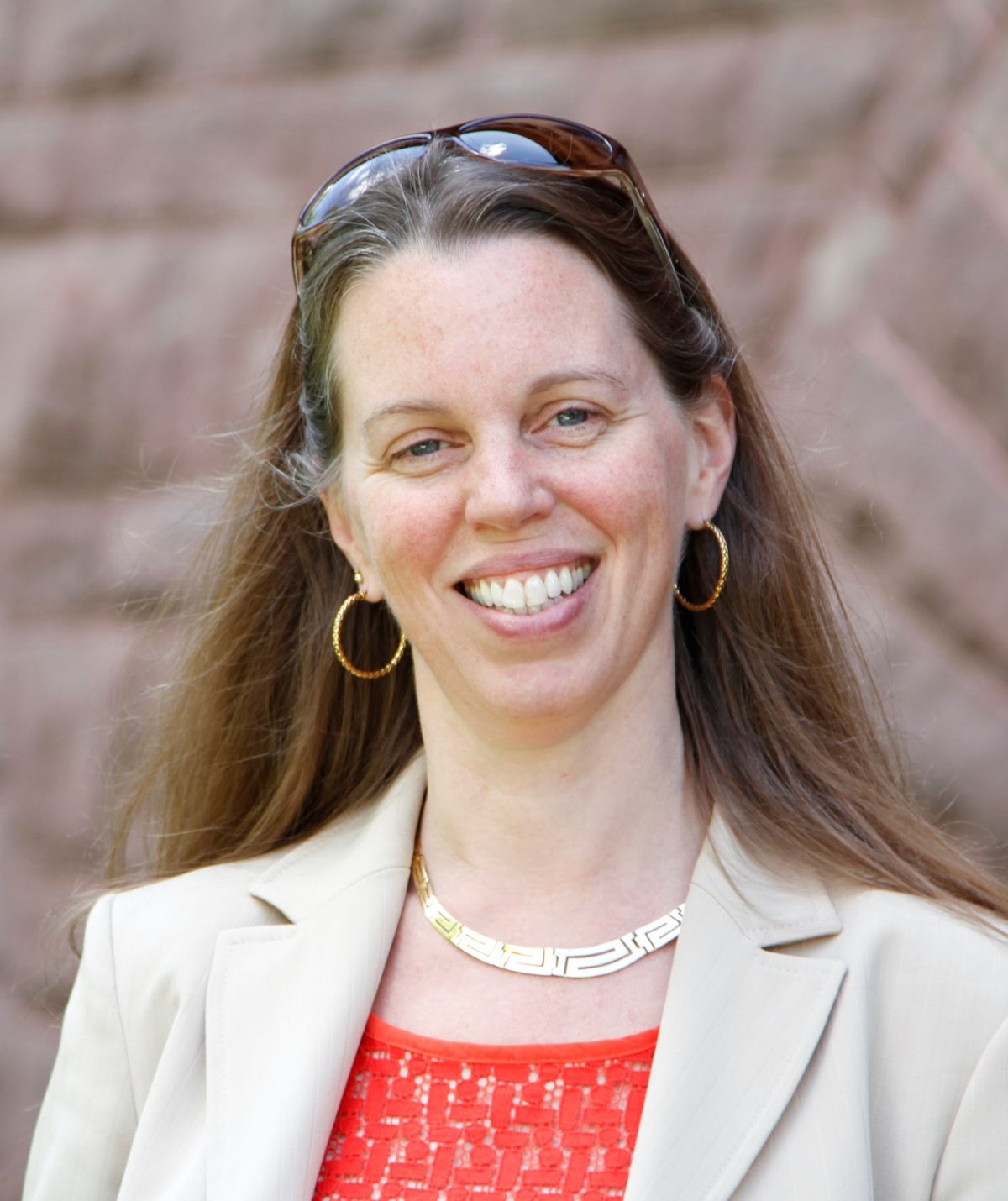
By Lucy Fortson, Associate Department Head and Professor, School of Physics and Astronomy
What do lions, galaxies, cell nuclei and notes taken by the Justices of the United States Supreme Court have in common? Each of these is a topic of intense research by faculty at the University of Minnesota—and each suffers from a similar problem: too much complex data for researchers to properly analyze. You might think that computers should be able to tackle these problems, but in fact, pattern matching (a hallmark of analyzing complex data) is exactly where computers still lag behind even a human child.
So how can researchers make any progress in problems where human visual processing of millions of images is required? By turning to the general public and asking for their help. This talk will describe the Zooniverse project, and will take you on a tour of the engaging projects in the Zooniverse—from the lions in the Serengeti to galaxies in the furthest reaches of time and space. Along the way, Professor Fortson will describe the issues that researchers now face with “Big Data,” what crowdsourcing is, and how combining human intelligence with artificial intelligence is revolutionizing how science is being done.
“Can Truth Save Democracy? We’re Trying in Science Court”
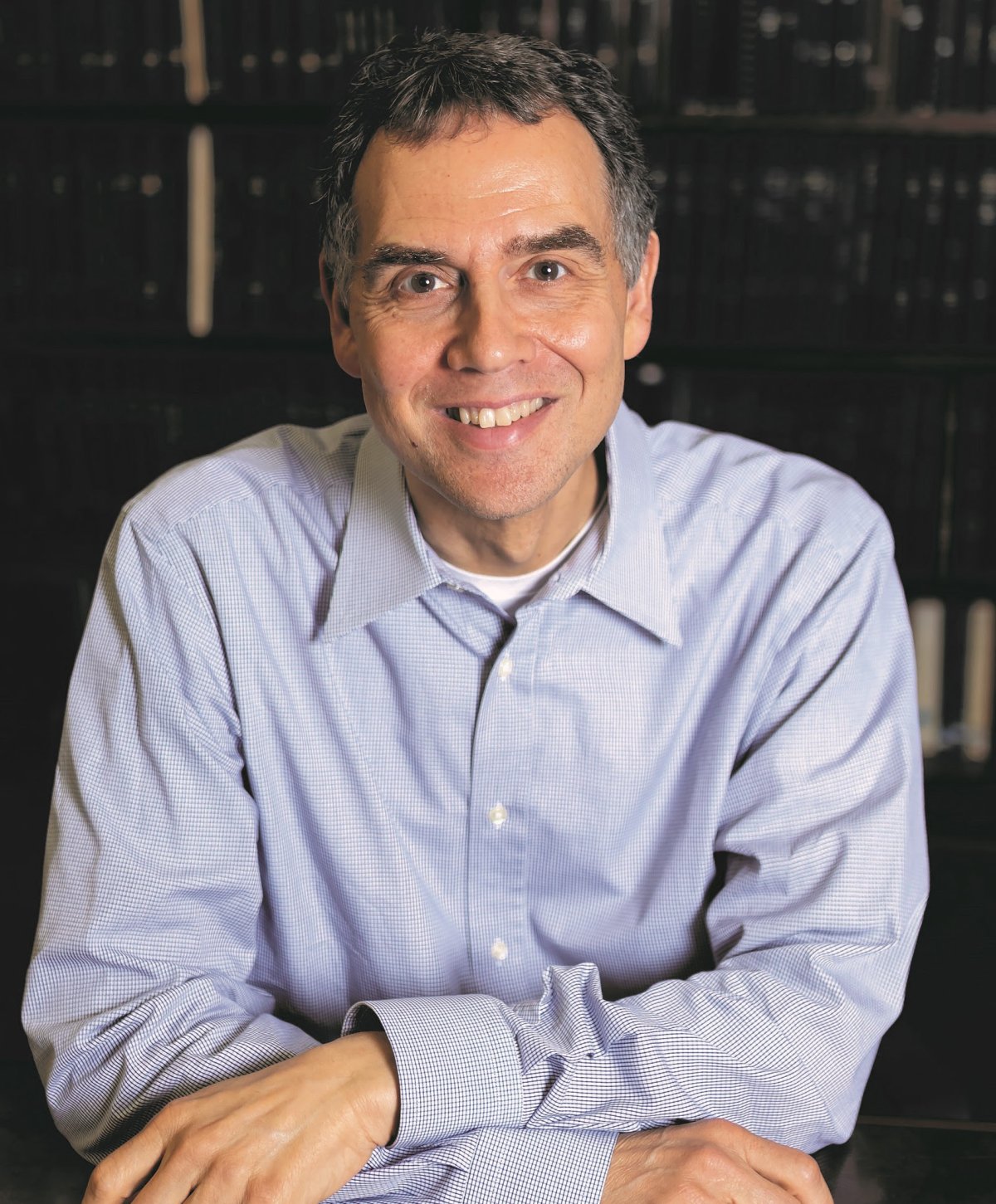
By Ellad B. Tadmor, Professor of Aerospace Engineering and Mechanics
Some say we live in a "post truth" world, but there is no such thing. Humans would not have survived as a species if they were not able to rationally assess the world about them and make sensible decisions. In “Science Court” we are trying to apply this common sense thinking to tackle controversial societal issues that divide us as Americans. The students participating in this Honors Seminar pick the topic, spend a semester researching the facts, and argue the pros and cons in a mock trial in front of a diverse jury of citizens.
Science Court draws on the traditions of the U.S. jury system, but adapts the process based on understanding from scientific research on how people reason and collaborate to maximize the likelihood of reaching consensus. The hope is that by spreading this model to other universities, Science Court will help to reduce polarization and help our democracy function in a time when trust in all institutions (including democracy itself) are at historical lows.
Read more about his class in Inventing Tomorrow, Winter 2020.
ISyE Grad Social Event
Friday, Oct. 2, 2020, Noon through Friday, Oct. 2, 2020, 1:30 p.m.
We are having our semesterly Grad Social Event on Friday, October 2, from 12:30 to 2:00 p.m. over Zoom this year. We will start by getting familiar with each other, then eat our lunches together, and finally play some online games or if you just want to chill we'll have a breakout room for that too. So, come hang out with us!
Please RSVP so we can get a headcount for the number of breakout rooms we'll need.
ISyE Seminar Series: Chrysanthos E. Gounaris
Wednesday, Sept. 30, 2020, 3:30 p.m. through Wednesday, Sept. 30, 2020, 5 p.m.
Zoom
Seminar Video:
ISyE Seminar Series: Radhika Kulkarni
Wednesday, Sept. 23, 2020, 3:30 p.m. through Wednesday, Sept. 23, 2020, 5 p.m.
Zoom
Seminar Video:
ISyE Seminar Series: Matthias Poloczek
Wednesday, Sept. 16, 2020, 3:30 p.m. through Wednesday, Sept. 16, 2020, 4:30 p.m.
Zoom
"Scalable Bayesian Optimization for High Dimensional Expensive Functions"Presentation by Dr. Matthias Poloczek Wednesday, September 16
|
|
About: Bayesian optimization has recently emerged as a powerful method for the sample-efficient optimization of expensive black-box functions. These functions do not have a closed-form and are evaluated for example by running a complex simulation, a lab experiment, or solving a PDE. Use cases arise in machine learning, e.g., when optimizing a reinforcement learning policy; examples in engineering include the design of aerodynamic structures or searching for better materials. However, the application of Bayesian optimization to high-dimensional problems remains challenging, and on difficult problems, Bayesian optimization is often not competitive with other paradigms. In the first part of the talk I will give a self-contained introduction to Bayesian optimization. Then I will present novel algorithms that overcome the previous limitations of Bayesian optimization and set a new state-of-the-art performance for high-dimensional problems. Based on joint work with Alexander Munteanu and Amin Nayebi presented at ICML 2019 and on joint work with David Eriksson, Michael Pearce, Jake Gardner, Ryan Turner that appeared in the Proc. of NeurIPS 2019. References:
|
|
Bio: Dr. Poloczek leads the Bayesian optimization team at Uber AI. His research interests lie at the intersection of machine learning and optimization. Recently, he has focused on enabling Bayesian optimization for "exotic" black-box problems that arise in aerospace engineering and materials science. Matthias received his PhD in CS from Goethe University in Frankfurt in 2013 and then worked as a postdoc at Cornell with David Williamson and Peter Frazier from 2014 until 2017. He was an Assistant Professor in the Department of Systems and Industrial Engineering at the University of Arizona from 2017 until 2019. |
Seminar Video:
ISyE Seminar Series: Hayriye Ayhan
Wednesday, Sept. 9, 2020, 3:30 p.m.
Zoom
"Optimizing the Interaction between Residents and Attending Physicians"Presentation by Professor Hayriye Ayhan Wednesday, September 9 |
|
About: We analyze how attending physicians should allocate their time between the residents they supervise and their own responsibilities. Under the assumption that a holding cost is incurred when residents and patients wait for a conference with the attending physician, we show that there are only two policies that could maximize the long-run average reward. Namely, it is optimal for the attending physician to start having consultations with the residents either when the residents can no longer examine new patients or as soon as there is a patient ready for conference. Furthermore, we show that the optimality condition is a simple threshold on the holding cost. We then characterize when each of these policies is profitable and the optimum number of residents (supervised by the attending physician) under each policy. We show that if a health care facility operates with the optimal number of residents, the two policies become the same and it is always optimal (and profitable) for the attending physician to start conferences with the residents as soon as there is a patient waiting. We conclude with discussing various extensions of the attending physician and residents model described above. This is joint work with Sigrun Andradottir.
|
|
Bio: Hayriye Ayhan is a professor in the Stewart School of Industrial and Systems Engineering at Georgia Tech. Dr. Ayhan's research interests lie mainly in analysis and control of queueing networks that arise in manufacturing and service systems. She is in particular interested in Markov decision process theory with applications to health care management, systems with flexible servers, and other manufacturing and service operations. She has authored/co-authored numerous refereed journal papers on these topics. Her research has been supported by several National Science Foundation grants including the CAREER Award. She is a member of INFORMS and INFORMS Applied Probability Society for which she serves as the secretary and the treasurer since 1999. |